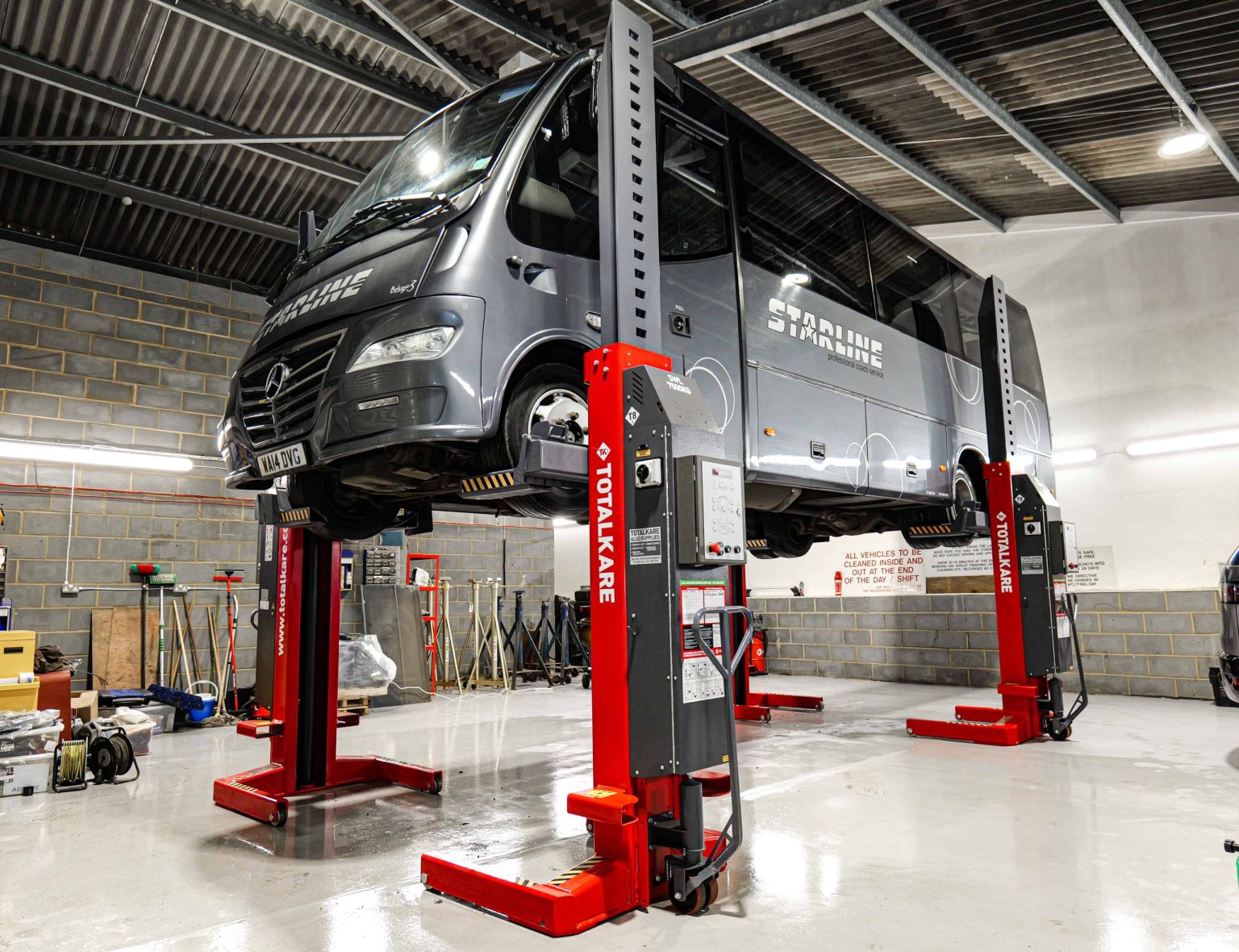With so much equipment under one roof, staying compliant can feel like a full-time job.
Even the best workshops can let things slip. But the consequences of compliance failure can have a severe impact on your business and your finances – which means you can’t afford to be relaxed about the rules. So how can you avoid the most common compliance failures?
Here’s what you need to know:
A lack of inspections
Not every piece of workshop equipment needs a formal inspection. But there are conditions where the safety of equipment requires one, such as:
- When the equipment is installed or reassembled (before first use)
- At ‘suitable intervals’ (where the equipment is likely to deteriorate)
- After exceptional circumstances (such as damage, modifications, or change in how it’s used).
That covers the necessary formal inspections. But it’s also good practice to go beyond that – with additional frequent inspections to reduce your risk of a compliance failure later. That could look like:
- Quick visual checks of the basics before each use (cables, lights, points of contact)
- Weekly checks of non-basic things (safety features, pressure gauges, load-bearing components)
- Deep inspections a few times a year (a full examination that looks at every detail).
What’s important is that you build instructions and training that match the level of each inspection. If your daily checks are too complex and long, your teams may start to rush through them (or skip them).
You need to find a balance that ensures safety – without becoming a burden or slowing things down.
Generic risk assessments
There’s plenty of risk in any vehicle workshop. And that means plenty of activities that need a risk assessment.
At a minimum, HSE requires you to:
- Identify hazards
- Determine the likelihood (and severity) of an incident
- Take action: to remove the hazard or minimise the risk.
Some workshops fail because of a lack of risk assessments, they might ignore equipment, thinking it’s low risk, or they can’t keep up with the number required.
But there’s another danger that can lead to compliance failure:
Surface-level risk assessments that aren’t tailored to the equipment and job at hand.
A good risk assessment will look at:
- How people use the equipment (or misuse it)
- The surroundings and circumstances it’s used in
- The different vehicles, materials, or applications it’s used for.
Neglecting maintenance
Even the best equipment needs a tune-up. And under HSE regulations, it’s an absolute requirement. You need to:
- Keep all equipment in good repair
- Keep maintenance logs up to date
- Carry out maintenance with people who are competent, trained, and have enough information.
The last point that’s especially difficult for some workshops, especially for maintaining complex equipment like heavy-duty vehicle lifts. That’s why lots of workshops lean on outside help – often with a service contract from a reputable supplier.
Poor calibration
Modern testing equipment is sensitive and precise. In a rough workshop environment, your tools can slide out of balance over time.
It’s a safety issue for the vehicles you’re servicing, especially with equipment like brake testers and headlamp testers. But it’s also a safety issue for the equipment itself. Equipment like torque tools and hydraulic presses are designed to apply exact forces, and give accurate feedback, if they’re poorly calibrated, staff could overload the components they’re working on, causing serious accidents.
Incomplete records
No matter how compliant your workshop is, it’s all for nothing if you don’t keep the right records.
During audits or visits from the HSE, you need proof that you’ve been following their regulations. That means keeping accurate and up-to-date records of your:
- Risk assessments
- Equipment inspections (usually not required for daily pre-use checks)
- Maintenance logs
- Certificates and ROTE (Reports of Thorough Examination).
Records don’t need to be paper – but they must be organised and easy to access for your teams and any DVSA or HSE inspector.
Conclusion
With so much complexity (and so much at stake), it’s no easy task to stay on top of the regulations, that’s why many people opt for service contracts. Regular service visits from a qualified technician to give your workshop equipment the inspections, maintenance, and repairs can really help when keeping your equipment compliant. For the best advice, chat with an expert to talk about your options.


























